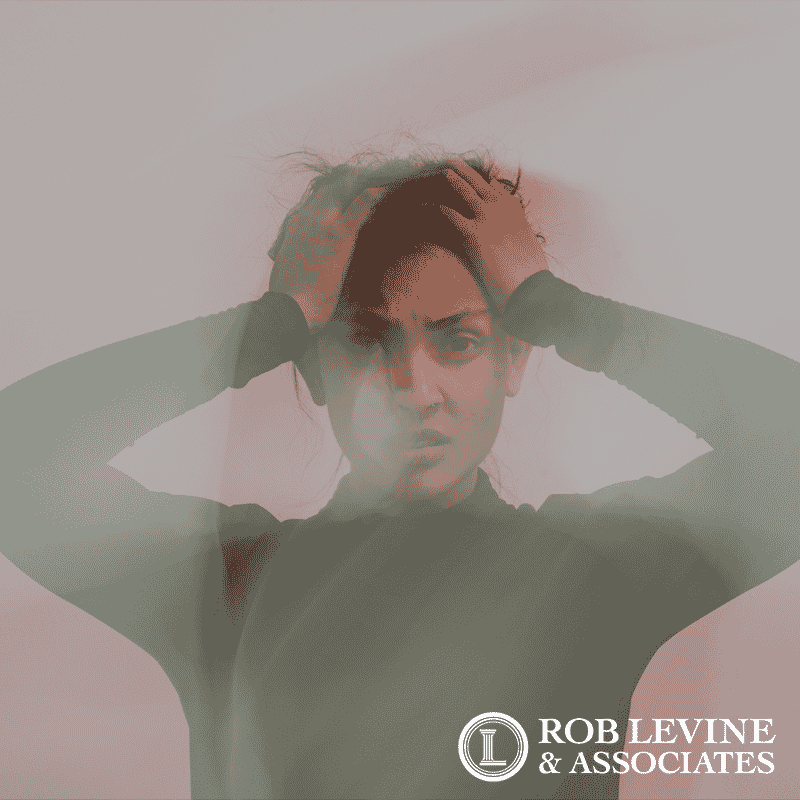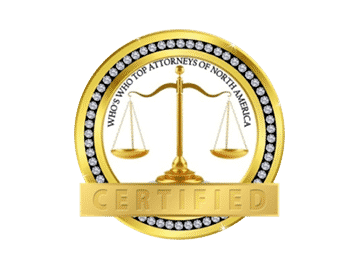PTSD Awareness
Post-Traumatic Stress Disorder is very common and can manifest itself in a various way within the affected population. Consider the below signs of someone experiencing PTSD and learn the steps to take toward treatment.
PTSD in Everyday Life
A common misconception about PTSD is someone affected must have experienced war or a near-death experience but the effects of PTSD span far over these common circumstances we see in the PTSD community.
Anyone can experience forms of past traumas that have effects on the way they experience life in the present. There is a vastness when it comes to the level of severity one can endure that yields a PTSD diagnosis. Some experiences include but are not limited to sexual, mental, and physical abuse, medical malpractice, child abuse, neglect, living with a life-threatening disease, loss, a car accident, or experiencing natural disasters.
Unfortunately, a large amount of our population has experienced one or more of the above situations. Outside factors like mental illness, history of drug abuse, and genetics can all have an impact on PTSD and how and if it materializes in your life. This puts into perspective how common PTSD is in everyday life.
Signs & Symptoms
If you are trying to navigate a relationship with an individual who has PTSD it can sometimes be challenging if you are unaware of early signs and symptoms.
People with PTSD are your average everyday people who lead everyday lives. You may not notice any signs when initially interacting with someone effected by PTSD. Subtle signs that can be indicators of PTSD include irritability, trouble focusing, addiction, defensiveness, and avoidance.
Individuals with severe trauma will have a harder time concealing these symptoms. This may display in crippling fear, anxiety, panic attacks, depression, flashbacks, chronic insomnia, and overall emotional fatigue.
Solutions
Treatment options vary depending on the severity of the trauma and symptoms the patient is experiencing.
PTSD can be maintained with medications that combat anxiety, depression, and overall mood. Therapy is also a great way to work through the root of the anxieties that your symptoms may be tied to. A combination of the two, with other lifestyle changes, can make this diagnosis more manageable.
If you have experienced a life-altering trauma that is affecting the ability for you to show up for yourself in everyday life you may be deserving of compensation or benefits depending on the cause of said trauma.
If your symptoms of PTSD derive from a veteran disability, a personal injury, medical malpractice, sex abuse, or other external liability, find legal representation. Rob Levine & Associates handles an array of personal injury and VA claims where PTSD plays a large role in a person’s pain and suffering. Contact Rob Levine and their dedicated associates today.










